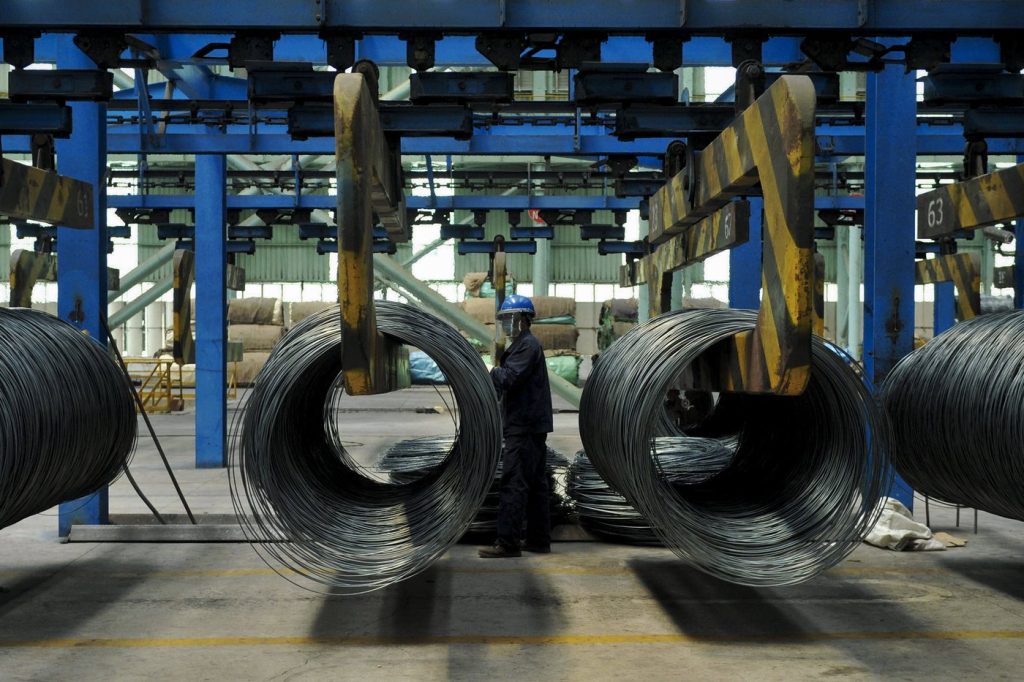BEIJING (AP) – On Saturday, China declared retaliatory tariffs on a variety of Canadian agricultural and food imports in response to Canada’s imposition of duties on Chinese products. This latest action marks a significant escalation in the ongoing trade tensions among the United States, China, Canada, and Mexico.
The new tariffs, which will take effect on March 20, have been detailed in a statement from the Customs Tariff Commission of the State Council. The measures include an additional 100% tariff on Canadian rapeseed oil, oil cakes, and peas. Furthermore, an additional 25% tariff will be applied to pork and aquatic products imported from Canada.
These tariffs serve as a countermeasure to Canada’s earlier actions in October, where Ottawa implemented tariffs on several Chinese imports, including a 100% surtax on all Chinese-made electric vehicles (EVs) and a 25% duty on steel and aluminum products. The Canadian government stated that these tariffs were necessary to ensure fair competition within the marketplace, as they pointed to China's subsidization practices giving its industries an undue advantage over foreign competitors.
China’s customs authorities expressed their dissatisfaction in their statement, emphasizing that despite previous objections and warnings to Canada, the Canadian government proceeded with what they term "unilateral restrictive measures." They argued that this undermines the economic and trade relations between China and Canada, further complicating the already tense bilateral relationship.
The statement further explained that the decision to proceed with retaliatory tariffs followed an “anti-discrimination probe.” This investigation concluded that Canada’s restrictive measures against certain Chinese products had disrupted normal trade operations and negatively affected the legitimate rights and interests of Chinese enterprises involved in import-export activities.
Canada's earlier tariffs on Chinese goods were announced in August of the previous year, coinciding with similar actions taken by the United States and the European Union against Chinese-made electric vehicles and other products. The collective stance of these Western governments is rooted in a belief that China's financial support of its industries allows them to maintain unfair competitive advantages, thus jeopardizing fair trade practices on a global scale.
In summary, this series of tariff announcements is indicative of the intensifying trade disputes that currently characterize international relations, particularly between China and the Western nations. Such developments are reflective of a broader struggle over market dominance, economic sovereignty, and the quest for fair competition in global trade.
Simina Mistreanu, The Associated Press










